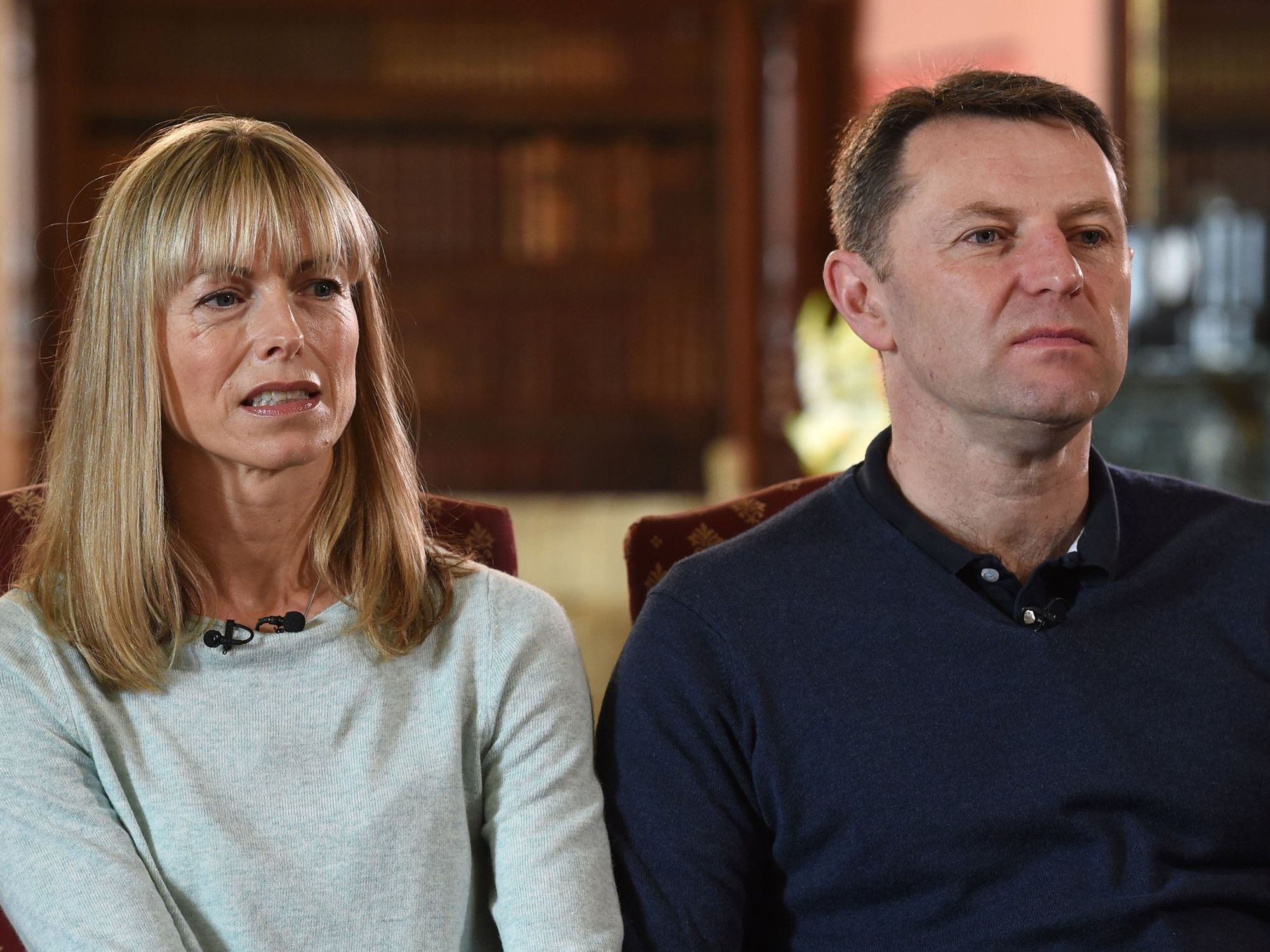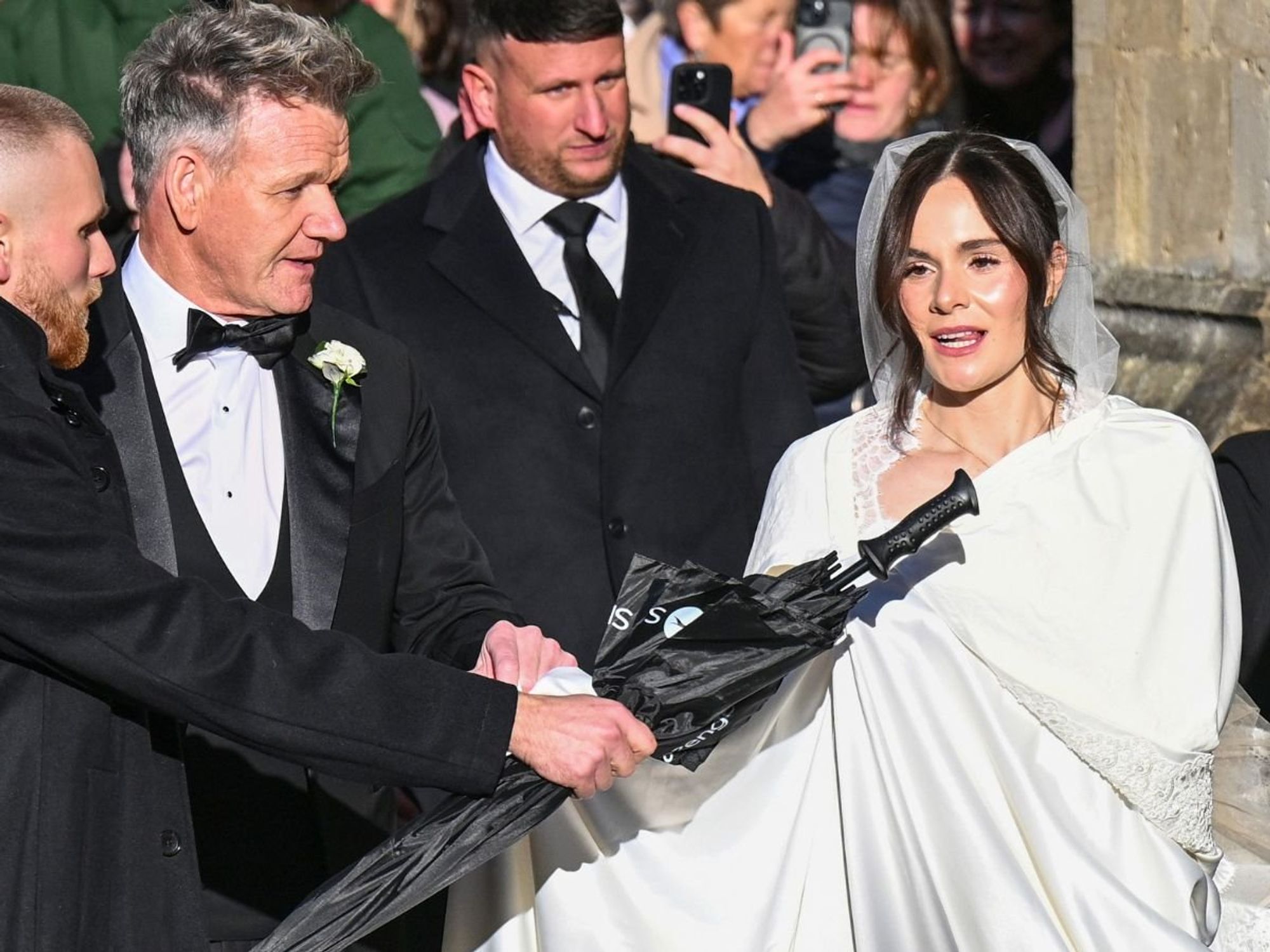Women voters the target in final week of election campaigning, say politics professor

With the election only a week away, what role might the female vote play in deciding Britain’s next Prime Minister?
Don't Miss
Most Read
Latest
Undecided female voters are expected to be targeted on the doorstep during the final week of campaigning, according to a leading professor of politics.
With just seven days until the General Election, parties will be chasing every vote before Britain heads to the polls on July 4.
Prof Rosie Campbell at King’s College London suggests that because women will reliably vote, even if unsure of who to vote for before the election, politicians will work even harder to convince them to back their party.
“There are groups of women that parties target and that is sensible because our lives are still to some extent organised around gender,” Prof Campbell said.
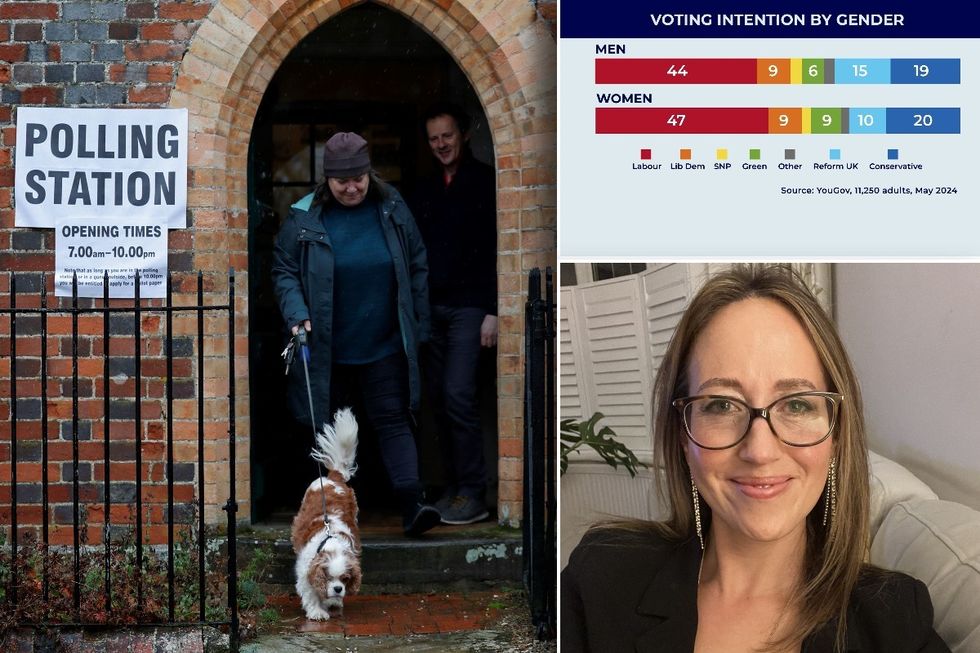 Women voters the target in final week of election campaigning, say politics professor | Getty Images/Rosie Campbell/YouGov
Women voters the target in final week of election campaigning, say politics professor | Getty Images/Rosie Campbell/YouGov “One of the reasons we focus on women is because in elections we’re interested in undecided voters who will vote.
She added: “Women make up the majority of undecided voters but they’re just as likely to turnout on election day.
“If you want to persuade people late in the campaign to vote for you, women are massively over-represented in that group.”
Prof Campbell has been the Director of the Global Institute for Women's Leadership at KCL since 2018.
POLITICS LATEST: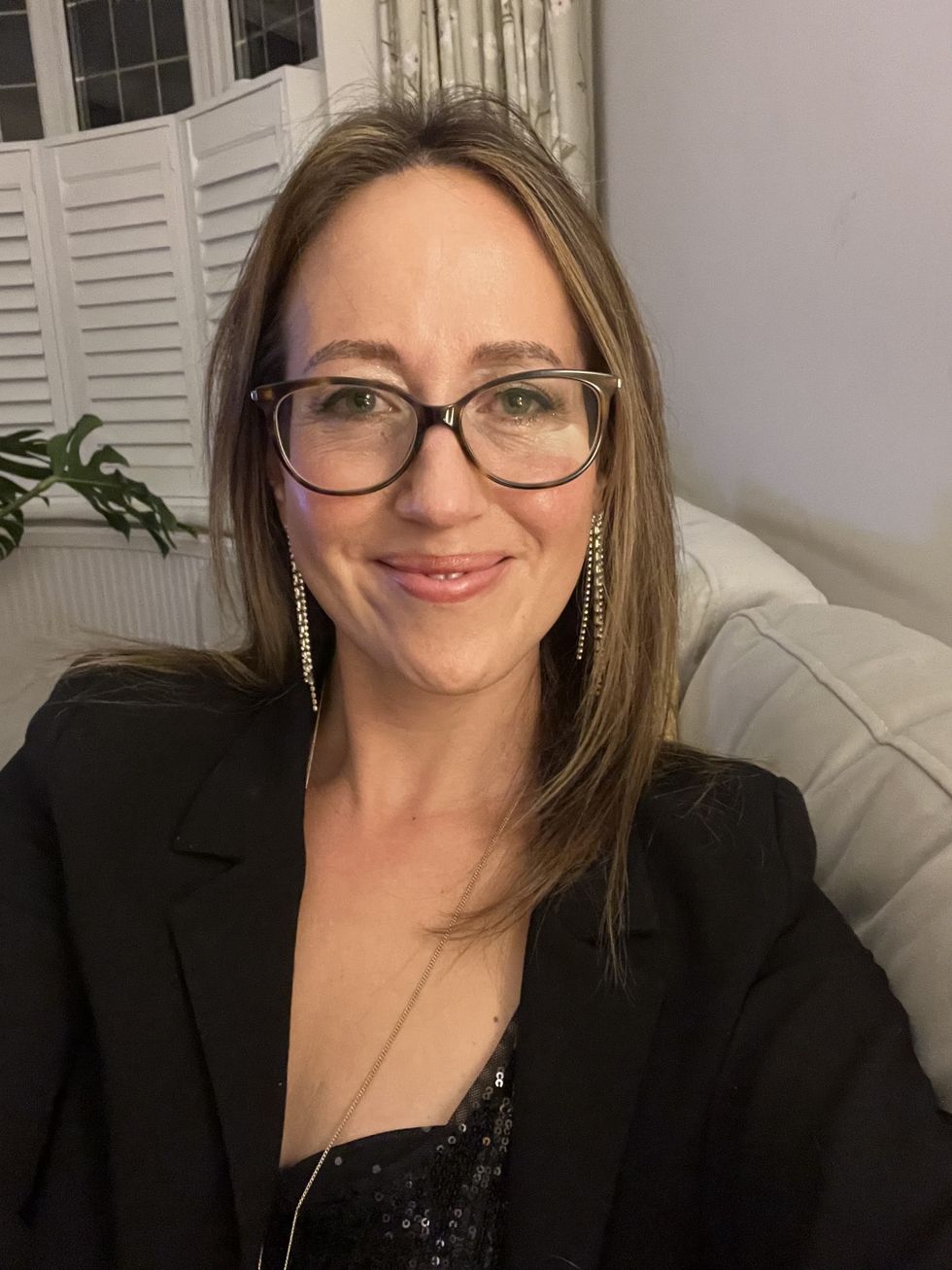
Professor Rosie Campbell
|Professor Rosie Campbell
In post-war Britain, the Conservatives held an “advantage” amongst women, but they were drawn to Tony Blair’s New Labour movement in the 1990s, evening the margins between the main parties.
Yet in the 2017/19 elections, women shifted to favouring Labour by 12 per cent and men leaned toward the Conservatives.
In a poll by YouGov in May, women were seen to favour left-leaning parties like Labour and the Greens with men shifting toward Reform UK.
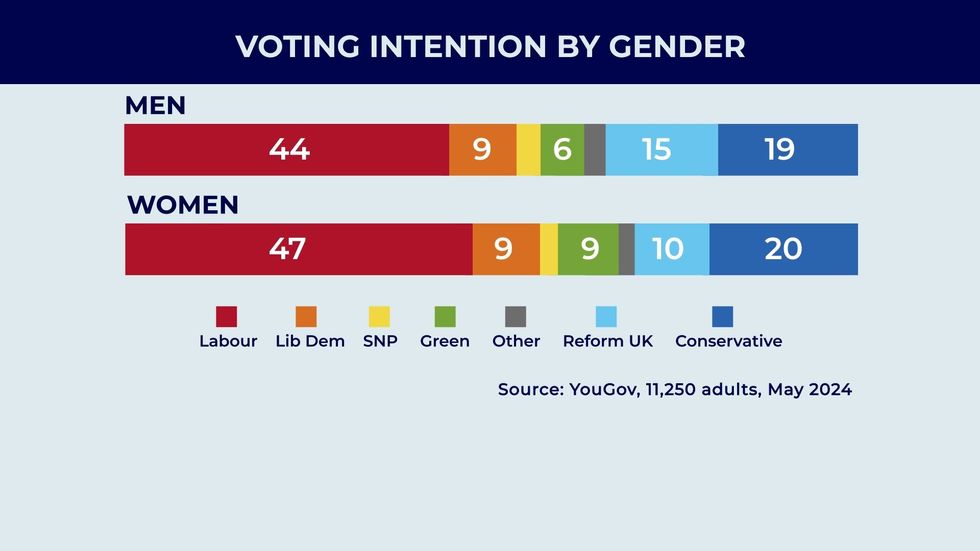
In a poll by YouGov in May, women were seen to favour left-leaning parties like Labour and the Greens
|YouGov
Conservatives, Lib Dem, and SNP voters were more balanced in their intentions across genders.
Women account for 51 per cent of the population and live longer than men meaning some can have a greater impact on politics across their lifetime.
“There’s much more similarity than difference between the way men and women think about politics in the UK,” said Prof Campbell.
However, the professor states women are more likely to focus on issues like health and education whereas men steer to the economy and Europe.








